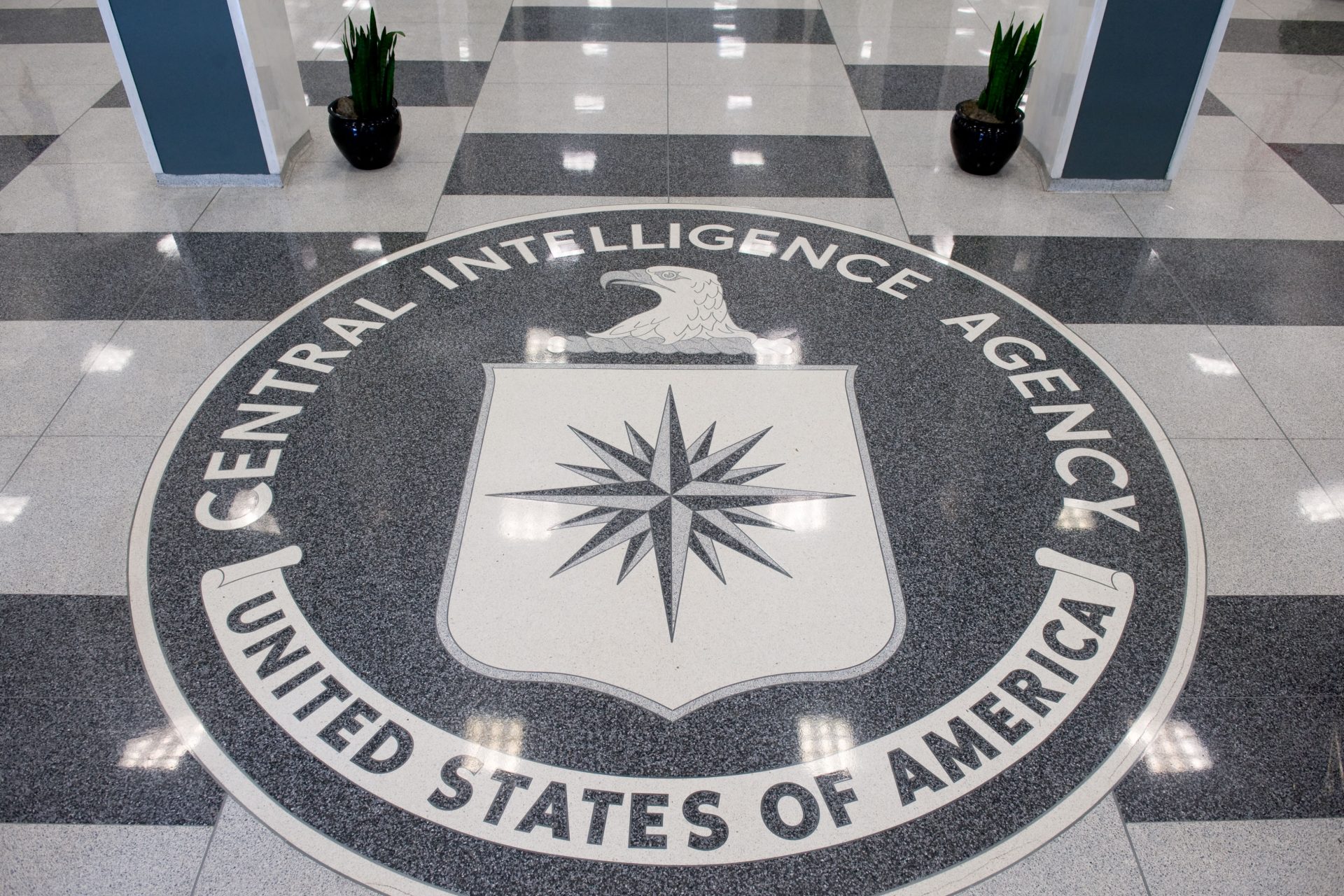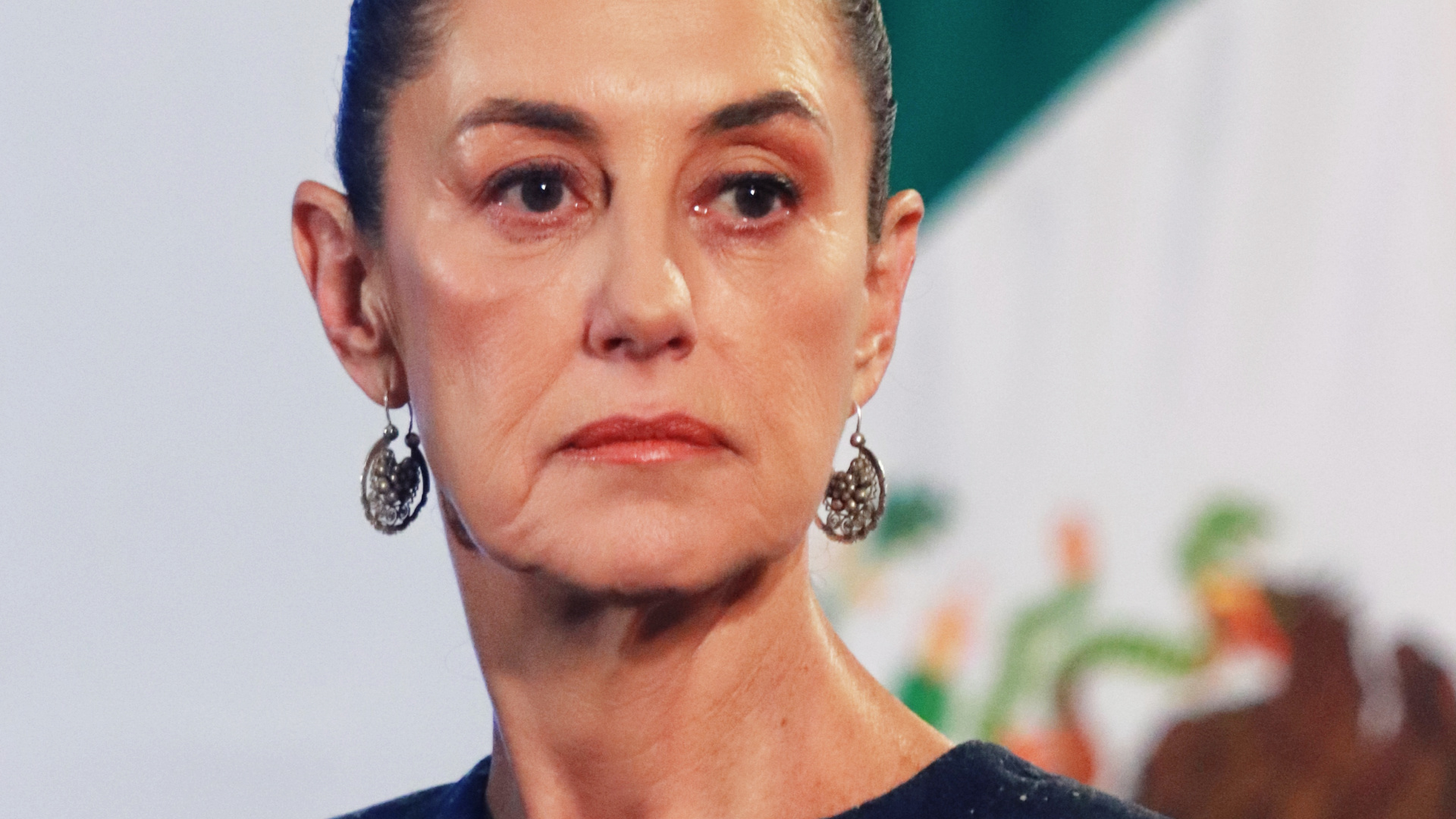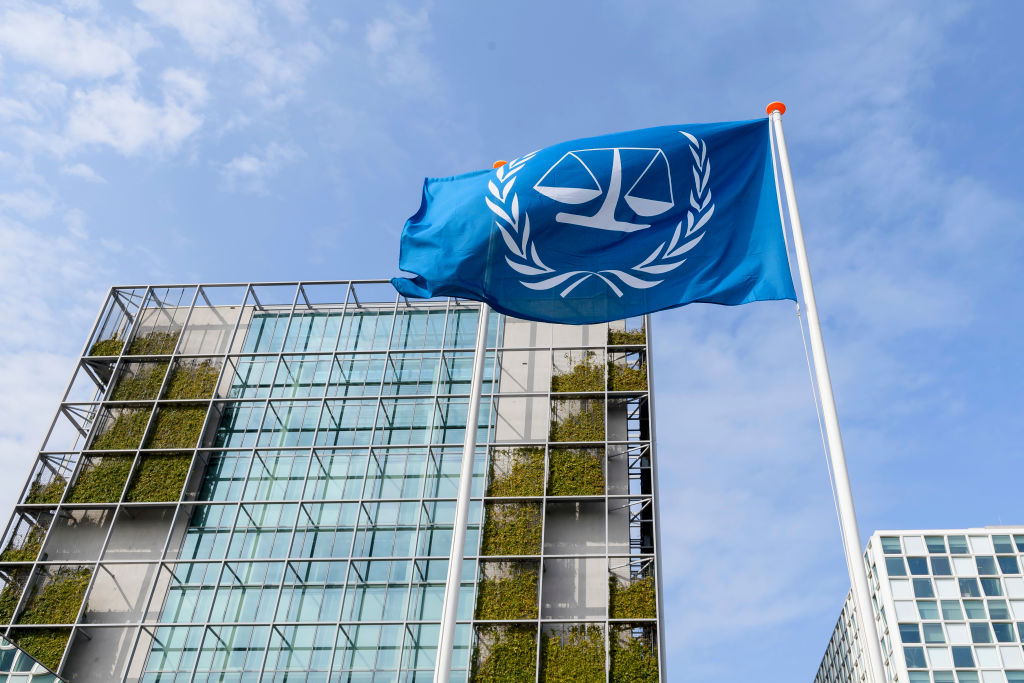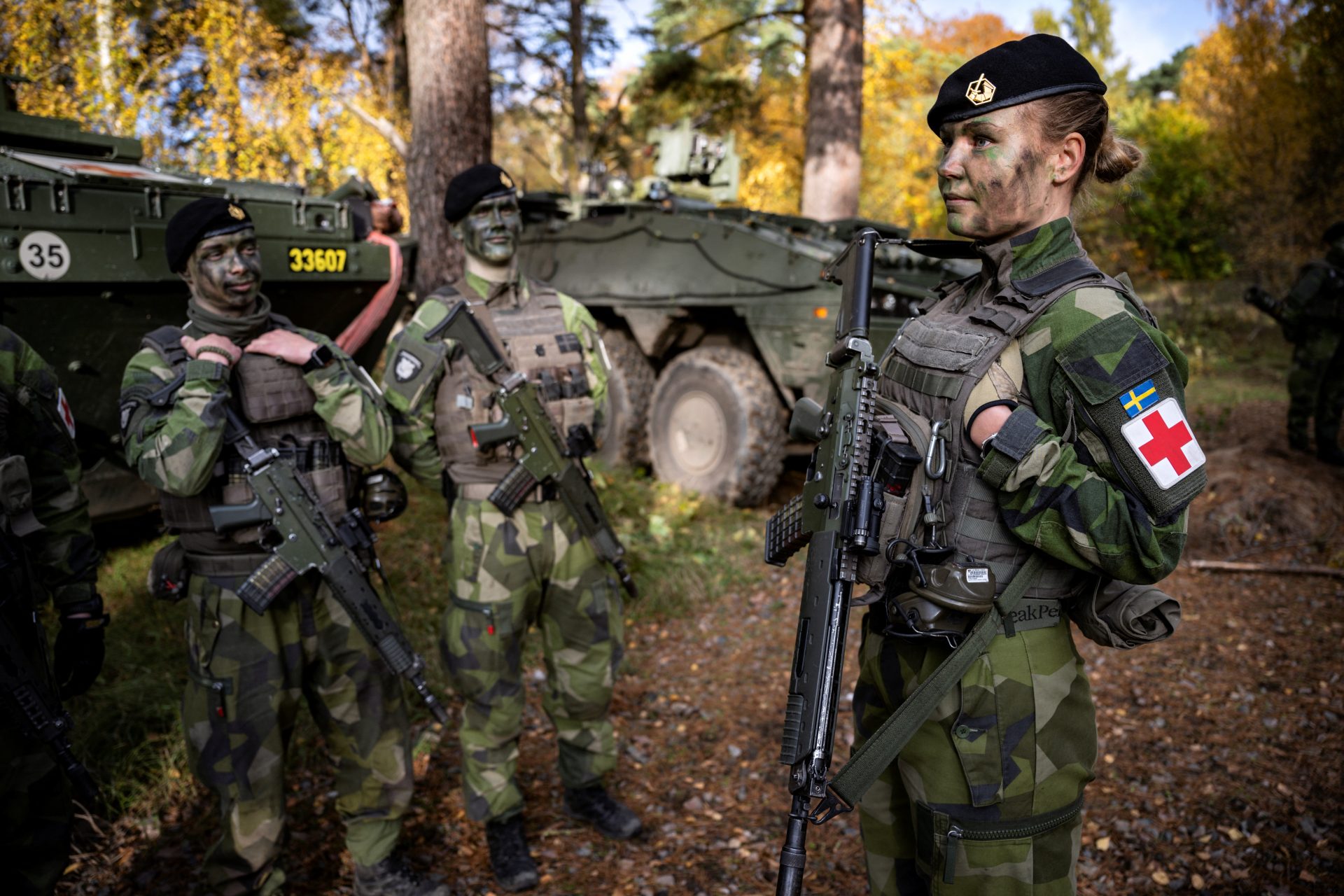New Chronology: a wild conspiracy theory that promotes Russian supremacy
Was Jesus born in 12th Century Crimea and ancient Middle Eastern history was fabricated by the Jesuits? Of course, not. That’s silly. However, one Russian mathematician has dedicated his life to the idea that most of human history is a fiction created by Western Europe.
New Chronology is a theory proposed by Russian mathematician Anatoly Fomenko, a professor at Moscow State University and a member of the Russian Academy of Sciences. In other words, he’s not your average conspiracy theorist. He’s an accredited and respectable conspiracy theorist.
In his six-volume work 'History: Fiction or Science?' Fomenko argues that history really began in 800 AD and everything before that was a fabrication, drawing events that actually took place between 1000-1500 AD.
“The purpose of this scientific project, which we shortly call 'new chronology', is the creation of reliable independent methods of dating of the ancient and medieval events,” states Fomenko on his text 'Problems of Chronology in Ancient Times'.
History, as we know it today, according to Fomenko, was really falsified by the Vatican, the Holy Roman Empire, and the House of Romanov in the 1600s. Never mind the distance, lack of communication, geopolitics, or the existence of other records!
People who agree with Fomenko point out that most of what we know about medieval and ancient Western history comes from a limited number of sources that could have been inaccurate. How do we know whether Roman ruins are actually ancient or Roman?
What about history outside Europe? Fomenko has an answer for it: Asian and Middle Eastern history was all made up by the Jesuits in the 1700s. Chinese dynasties, the Córdoba Caliphate. All of that is fake. And people of wildly different cultures agreed to play along.
The pyramids, according to Fomenko's view, were erected by the French during Napoleon's expedition to Egypt.
Then there’s archeology and technology such as carbon dating, which is different from literary sources. Fomenko simply dismisses them.
Fomenko argues that the medieval Crusades and the ancient Trojan War are really the same events instead of being several centuries and a millennium or two apart.
Meanwhile, the ancient Temple of Solomon is really Istanbul’s Hagia Sofia. King Solomon from the Bible was actually medieval Ottoman sultan Suleiman the Magnificent.
This makes sense according to Fomenko since Islam and Orthodox Christianity was originally the same religion but drifted apart.
The historical Jesus Christ, according to Fomenko’s theory, was really a mix between Byzantine Emperor Andronikos I Kommenos, Old Testament Prophet Elisha, St. Basil of Caesaria and Pope Gregory VII.
Jesus was really born somewhere in modern-day Crimea and died on Joshua’s Hill, in Constantinople in the 12th century.
Central to Fomenko’s theory is the existence of a vast Turkish-Slavic Empire, which he called The Russian Horde. He argues that this so-called civilization played a central role in much of human history.
The Mongol Empire, Fomenko argues, really happened in the 1300s and was Russian instead of Mongol.
The Ancient Roman Empire? That was also the Russian Horde.
Who introduced writing to Europeans and agriculture to India? Well, believe it or not, Fomenko says it was the Russian Horde.
Christopher Columbus? He was a Cossack… from the Russian Horde!
The Russian Horde supposedly ruled territory that currently belongs to Belarus, Poland, and Ukraine, among others, meaning that Russian culture as we understand was not formed around the Kievan Rus.
Current-day Rome, Fomenko states, was really founded 600 years ago and the name Rome was really a placeholder name for the Kingdom of Israel, the Byzantine Empire, and, of course, the Russian Horde.
Basically, every achievement made by an important civilization was done by the Russian Horde. Fomenko identifies them as the Scythians, the Huns, the Goths, and many others as really part of the same Slavic civilization. Who could believe this?
Scholar Charles Halperin claims in his academic work 'False Identity and Multiple Identities in Russian History,' that one out of four Russians is sympathetic to Fomenko’s theories.
Even Russian chess grand master Garry Kasparov has admitted that he agrees with New Chronology’s questioning of evidence about the Middle Ages and Ancient History.
However, Kasparov does not define himself as a “believer” of Fomenko, defining his theories as “pseudohistory and mythmaking”.
Halperin argues that the popularity of Fomenko’s theories is a rather complex and extreme version of whitewashing the past, thinking of your forefathers as more important and glorious than they actually were.
More for you
Top Stories







































